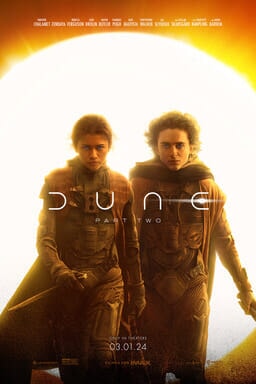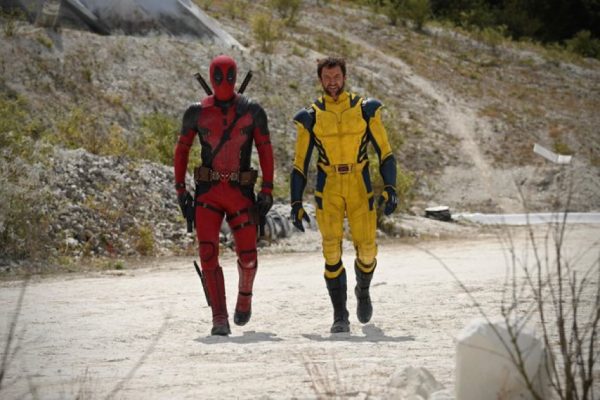Film and its Educational Merits
Many of us at Dominion are visual learners, gaining further understanding on what we’re being taught only after watching an instructional video from the 1980s or only after our respective history teachers finally show us a map or portrait after twenty grueling minutes of note-taking, so viewing a full-length feature film in class rather than a four minute vignette can also be an educationally rewarding experience.
For example, watching David Lean’s Great Expectations in English class after having read the book gives an opportunity to see how someone else interpreted Dickens’ prose as opposed to how you did. Afterwards, the class could have a discussion on the differences between the book and the movie, on which of the two each student thought was better and why, and on how the filmmakers interpeted the book and why you thought they did so. All of this would allow for the students to see the book in a new light and to gain a better understanding of it.
In a history class, something like one of the numerous holocaust documentaries, though probably not the 9½ hour Shoah, could be viewed to gain a deeper understanding on a historical event that occurred, and more factual information would be gained from watching such a thing rather than a fictional account like The Boy in the Striped Pyjamas.
In any class, for that matter, watching documentaries relevant to what is being taught could help students learn, for no reason other than the fact that they get to watch a movie during class and there’s something exciting about that.
And watching any film in your foreign language class can help you learn the language as long as it’s actually in that foreign language, though when the subtitles are in a language other than English, the class tends to give up on understanding the film and just stares into space.
Though the key for the students to actually learn something from the film is for it to be relevant to something you have learned, are learning, or will learn in class and for the film to be primarily based on fact, and not something like Finding Nemo.












